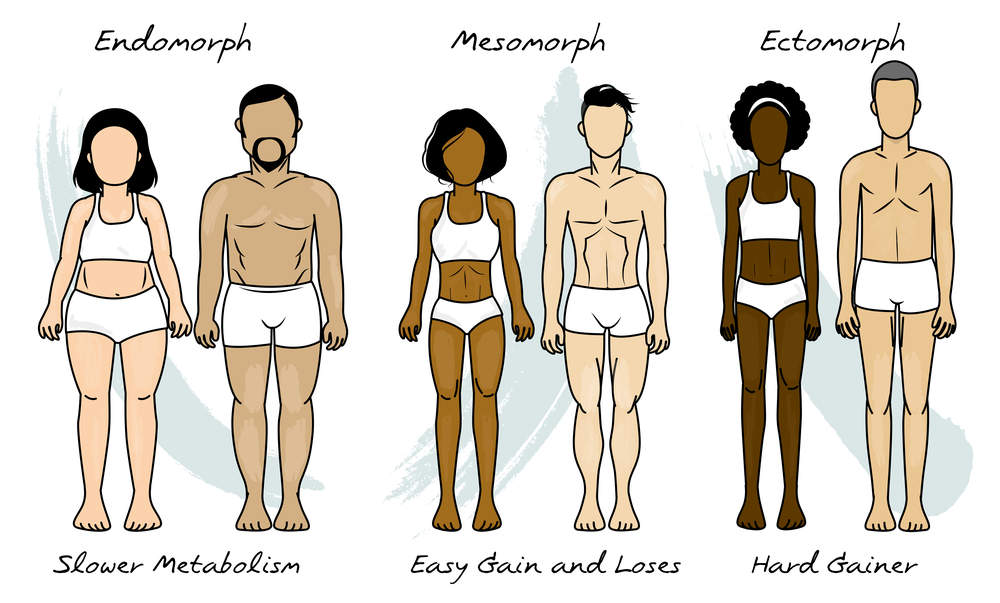Does Your Voice Change When You Lose Weight? When you are physically fit, there will be changes in your singing voice in the sense that the way you perform, resonate and breathe will be at your best.
Fitness does not correlate with how much you weigh or what you eat daily, but the priority of being fit is feeling good and living a healthy life.
We will throw more light on how a singer’s fitness and body type will affect how they sing, if fitness and body type influence or boost up a singer’s confidence, and other tips that will help a singer develop a healthy voice.
A rare fact about singing is the entire body gets involved when producing a sound or singing, but what matters is feeling comfortable in your own skin whenever you decide to hit the stage and perform.
There is no sketch of how a singer should look or appear before an audience because anyone with any shape or body size can go on to be a perfect and excellent singer.
It is evident that some female singers are challenged to look a certain way to hit the stage and perform, but living happy and healthy remains the main thing.
Using exercise and a nutritional diet is what singers should engage in to maintain overall good health, and you might be aware of some unofficial names for some body types.
Some of the names include hourglass, pear, and apple, but there are only three main body types that have been scientifically proven. These body sizes include;
- The ectomorph
- The Mesomorph
- The endomorph
Content Navigation
The Ectomorph
This body type tends to be lean, thin and struggles when it comes to gaining weight, and they are as strong as other body types even though they end up looking weak or small.
The Mesomorph
The people found to have this body type possess greater than average muscle development, responsive muscle cells, fast metabolisms, and broad shoulders. In addition, this category of people is known to be lean, muscular, and well-built.
The Endomorph
People with this body type are known to put on weight easily, but they also struggle with getting rid of this weight when the time comes. They are known to have a pear shape, short limbs, and wide hips, but they can end up being as fit as other body types. The only problem is they are required to train hard to stay in shape.
You might not completely say you fall under a particular category, and it is widespread for a person to possess different characteristics from all body types.
All body types are unique in their own way, so it is not right to downplay one body type from the other. It is also possible for you not to maintain the same body type all through your lifetime.
Read This: How to relax throat muscles anxiety
Does Your Voice Change When You Lose Weight

It is a known fact that your body type will determine the type of breathing technique you will exhibit. Identifying or understanding this will help embrace your body type and figure out what your vocal habits are.
Ectomorphs
Singers with this body type are known to breathe high up the thoracic system and end up falling into the pan coastal breathing technique.
They make use of their rib cage when it comes to breathing rather than their chest, and a diaphragmatic breathing technique involves drawing deep breaths, which is known to be the best for every singer.
Mesomorphs
The singers that fall into this category make use of the back and side muscles when breathing, and this, in turn, expands the rib cage.
They also make use of a coastal breathing technique which is used constantly in pilates. Still, people with this body type have to avoid over-engaging their abdominal muscles when they start singing. This results in reduced breath control.
Endomorphs

The singers who possess this body type are known to breathe lower in their thoracic region than other body types, and the breathing technique they use is the appoggio breathing technique.
The appoggion breathing technique aligns the rib cage, head, and neck, while the rib cage expands and the diaphragm moves downwards. It is also a known fact that Endomorphs singers tend to get tired when singing easily.
Every singer should know that focusing on their body type might cause them to start having a negative image of their body, but it is very okay for singers to look fit and healthy but avoid getting pressured to look a certain way.
The confidence singers have in themselves shows in the way they sing, and this is why singers are advised to embark on certain steps that teach self-love. A singer must discover three new things about themselves every day, and it is okay to say this to yourself when you look in the mirror.
It is okay to write them down on posts and stick them to your mirrors or doors where your eyes can always meet them and help boost your confidence some more. You will start making a difference when you convert the negative voice in your head about yourself to a positive one.
It is also okay for singers to express themselves through fashion or enjoy wearing the type of clothes they love. Be you and focus on what makes you happy will help you have a successful singing career, and you should avoid comparing your body type to others.
Summary – Does Your Voice Change When You Lose Weight
Like we mentioned earlier, people of various shapes, sizes, and body types can be great singers, but it is okay for everyone to know that all body parts play a significant role when you sing. This means that your stamina, height, and body type all have a role to play in the life of a singer.
They are instrumental in how your voice functions and sounds, and you need to know that everyone is unique in their own way, so common beliefs do not apply to everyone.

